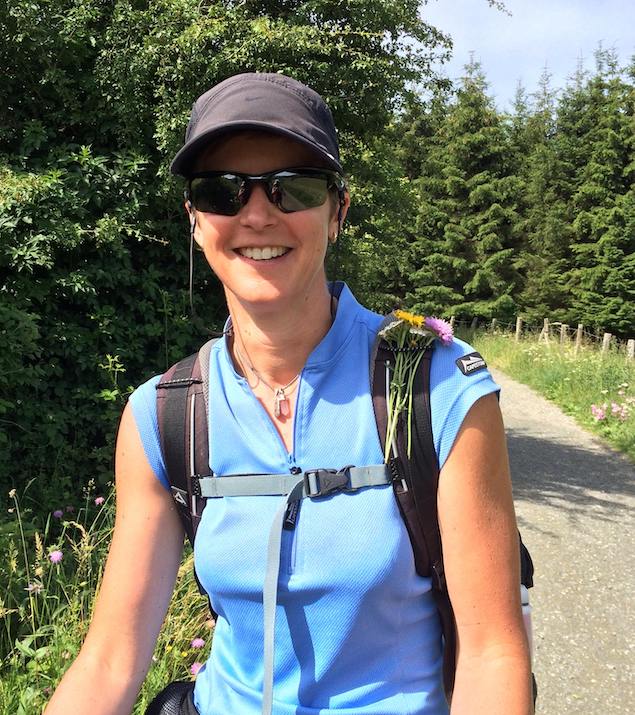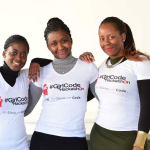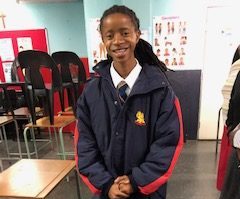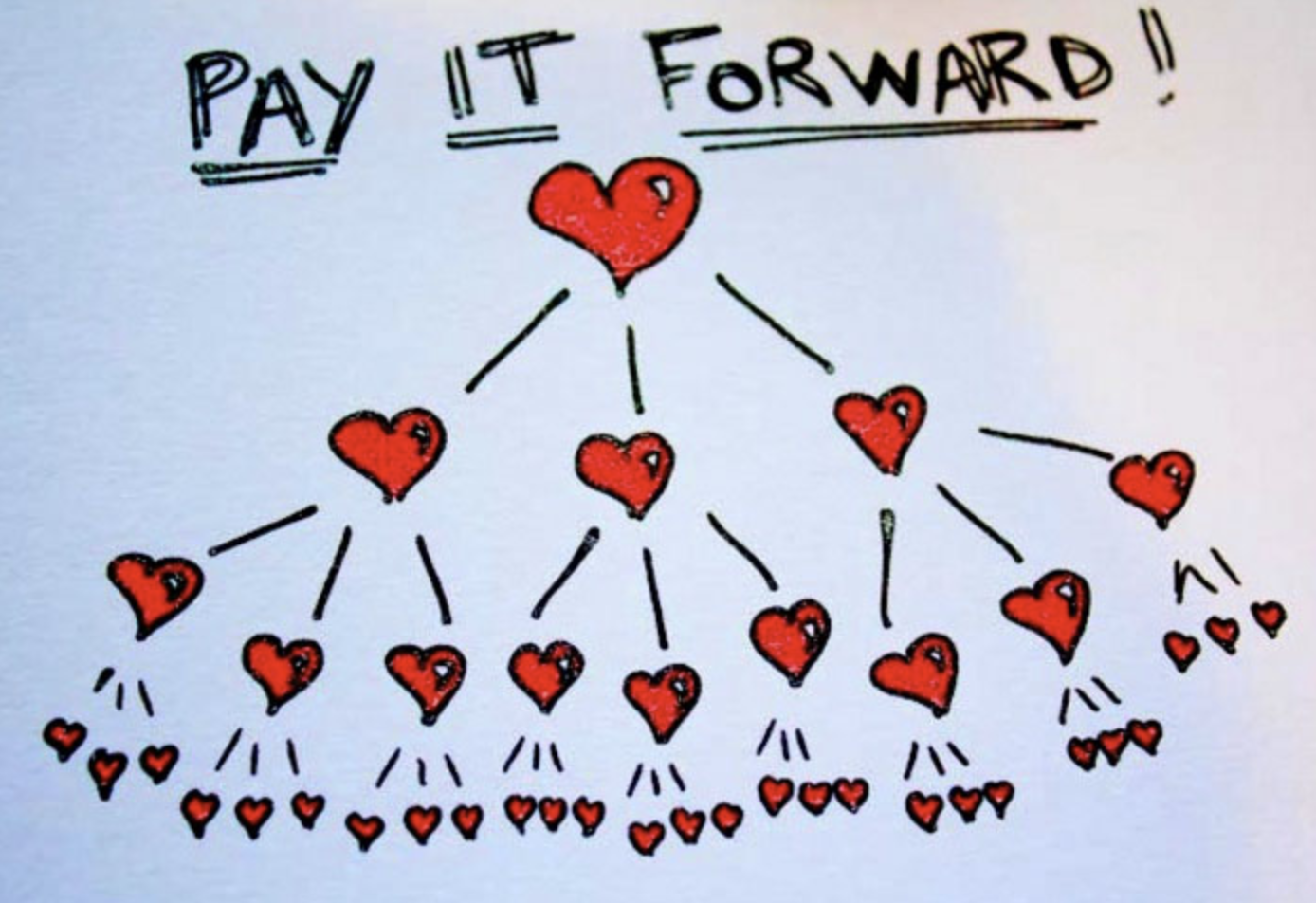
A letter delivered, a story told
We are delighted to feature a new guest contributor on our blog. Sharon Wakeford is an internationally accredited mediator and coach, who works in a wide range of settings and contexts, both inside South Africa and internationally. More than this, Sharon is a conversationalist, storycatcher, explorer, seeker, and learner. She loves to listen to, and tell stories, write, dance, laugh, and play. She is deeply drawn into the space of questions and reflection that invite people, herself included, into being a touch bolder, a shade braver, and a little different in ‘who they be’ and ‘how they do’.
The first piece in a two part series is titled A love letter to my housekeeper. The second piece can be found below, enjoy the read.
A letter delivered, a story told by Sharon Wakeford.
Uncertainty. The letter to Thembi, part of my being for nearly two months. A letter that has melded into me like a ‘second skin’ that sits between a surfer’s flesh and wetsuit – a soft, yielding layer intended to protect the body against chafing. However, in my case, this second skin has brought its own uncomfortable rubbing and chafing. Two months of the letter rubbing up against my writer, my ego, my doubt, my deeper yearning, my unintentional clumsiness. Chafing caused by a constant to and fro of what, from my standpoint of my colour and creed, I can and cannot say; of questioning whether my words will be met with recognition, despite their challenge and dislodgement, or land grenade-like – experienced as patronising, offensive, generalised. Yet, also some sublime holding within this skin on my skin: moments of generosity and compassion, joy, gratitude, connection, and learning. Some powerful, fluid strokes of movement towards, of understanding, and of insight.
So many questions asked of me in writing this piece, in writing this ‘Love Letter to my Housekeeper’. And yet another question, a searching question: to share or not to share with the person to whom it was written? A question, but not really a question. Because despite a not knowing of how it might be heard and received, a far deeper sensing within me of the letter’s need to be given voice, my voice, and for it to be offered to my housekeeper’s ears. In the letter’s journey from birth to adulthood, other eyes and ears have been invited onto its pages. How can the eyes and ears of the person at the centre of it all, where it all began, not be given a place at the table? A place if not laid, not for any reasons of malice, but because of a potential awkwardness of delivery for me, and uncertainty as to its reception. A potential withholding, because of me, not because of her. No. The table should be laid, and the invitation made. I will reveal my second skin. I will share my letter, maybe not word-for-word as it appears in the definite containment of the evenly shaped print, but offered with a gentleness and fluidity of language, tone, and pace to one of another mother tongue. Offered with an open heart, and an openness to its listening.
Friday 28 June. A day long-imagined but certainly not longed for. Thembi’s last day, last afternoon, as our housekeeper. After nine months of afternoons, the final one. We sit together on the veranda in the clear Johannesburg sun, a winter sun that struggles to warm us inside the house, but has more success outside. Our meal, to honour this ending, draws itself towards a quiet close. Her energy speaks the words she doesn’t: “There is still work to be done, it’s Friday, I need to get going close to 3 because the taxis will be busy”.
I need a little more time. Tension in my now full stomach. “I know you’ve got work still to do; I know it’s Friday and you need to get going early, but Thembi, there is something I’d like to share with you, a letter I wrote to you, a letter about you and me and our time together. Would it be okay to sit a little longer so I can share it with you before you leave today, because today is our last day?”
“Yes”.
“You were like an old plant sitting contentedly on its chipped China saucer on a sunny Soweto windowsill.” And so my reader begins. Or rather my storyteller, because I am not just reading the letter, but telling the story of our time together, the stories of my thoughts, feelings, and appreciations. Not just in a single constant stream of words, but with fluctuations in pace, and pauses, to allow the words to flutter and float and come to rest lightly in the space between us. A blessed space on this pale Johannesburg afternoon.
“You came with an open heart.” A pause, eye contact, heart contact. Impromptu conversation. “Yes”, she says “my heart was open. My heart was open because I know this house. My mother was here before. Beauty was here. I came with her; I came with Beauty. Our family knows this house. This house has looked after us. I came here long before my aunt, Jessie.”
Beep beep. We arrive at the part about the 6:08 alarm de-activation. You nod agreement as I speak your words – that it is better to catch the taxi at 5:00 am than to be in the uncertainty of the 6:00 am taxi queues. Your chest swells and your shoulders inch slightly up and back, as I share my impression of the pride you take in punctuality. A pride now in having your pride acknowledged.
The words on the page: tap, tap, tap. More a muffled knock, knock, knock as my knuckles march on the plastic lunch table. We move to Whidbey Island and I provide some additional commentary to contextualise the sounds and story. “You remember when I went to America?” A nod, I go on: “it was a long way away from here, but Thembi, we were there together”. A frown creeps out from under the borrowed sun hat.
Red hoody, red T-shirt, shiny black shoes, tap tap tap, the metallic ping of the side gate. I share sights and sounds. I pause to check we are alongside each other now as we travel together between Whidbey and Parkwood, between my words first written there at Whidbey two months ago, and spoken here and now in Parkwood. Another wave swells gently up your chest as I tell how, after I dropped you at the taxi, I lingered, watched you, and was struck by how fully and proudly you carried yourself in your personhood.
The taxi leaves and our story advances into the ‘naming of names’, the name ‘Bessie’ and my questioning about your ‘true name’. I’m wondering if my jumping between past and present, between countries and between identities is confusing. The references in my letter to ‘Bessie’ – a name on my lips for the first seven months of our journey, but gone since my return from America. I slow down, cut out some of the complexity of my written text. I don’t get into the ‘slave name’, it isn’t necessary, but rather simply ask: “Why did I call you Bessie for so long? Why didn’t I ask sooner if this was your ‘true name’, a name you were happy to be called by, or whether there was another name? And indeed, there was another name, another you. Thembi. Seven months later.”
Our story moves forward to the abandoned bucket and mop. Your laughter gurgles towards me like a small wave on shallow sand, as I speak of handing you back the bucket and mop and you becoming ‘madala’. A laughter of lightness and recognition. Just this morning I found the cleaning detergent standing sentry over the hours-before-cleaned bath.
Silence, only the faintest rubbing sound as my thumb and forefinger make their way smoothly and slowly across my collar. When my words come, they tell of your careful hands moving the iron over my shirts; hands I am not ready to have gone from my clothing or my learning. How much I have learned from you and how much more I would still love to learn about you and from you. But as smooth as the touch on my collar, is the sharpness of the question that presses down on my shoulder, like a physiotherapist’s elbow working a knot. The question of what right I have as a white person, to ask you as a black person, to teach me about being and doing better, to expect you to support me to understand people more deeply. “I cannot expect you to teach me, I need to learn myself”? You smile. A smile of sadness or knowing? I’m not sure.
To a different wondering: “I wonder how you see and experience me?” I sense your inhale, preparation it seems to answer my rhetorical question of how it felt to have my arms around you when you received the news of your sister’s death? Your arms slide diagonally over your chest, a hand comes to rest on each shoulder in a kind of a hug. “I felt comforted Sheri, I felt your arms. I was happy for the glass of water. I was happy for the money you gave me for the taxi.” My breath catches – that this touch is remembered, touches me deeply – and more so even, that there was comfort in the connection, a connection of bodies, of hearts, of humanity.
My eyes venture downward slowly to the next paragraph. A paragraph that for me holds deep wells of significance and sorrow, of meaning to be made, and meaning to remain mysterious, mystifying. The chalk. For you: the chalk you yearned to be; the chalk of your diminishment; for me: the chalk of apartheid, the chalk I would hope against hope was not there under my fingernails, but it is. So ingrained as to be invisible, but still there.
We sit under the silence of our breath. Each in our own reflection and questions. Your shoulders slump. “Yes, I wanted to be used up and gone. Not left to deal with more.” Your words and tone as heavy now as they were then. Yet, despite the aching melancholy in your words, an intimacy in our shared remembering of being together in that conversation many months ago, and in being together now. A beauty in this moment, but equally pathos and poignancy in the knowing that our time is all but gone. A few more lines of this letter, a couple of hours of this day is all that we have left, at least in this chapter of our lives.
As a Camino pilgrim, who with the cathedral of Santiago de Compostela in sight, involuntary slows her pace to extend the journey, and to be able to hold longer the meaning reflected in the cathedral’s magnificent spires, I slow down to dwell in the meaning, or at least, my meaning of the chalk – that our meeting had been an opportunity for us to hold the chalk in both our hands, to hold each other’s heart in both our hands and together to draw the smallest possible picture on the blackboard of this country. To my eyes, your eyes speak their agreement. I cannot completely know your eyes, but I do believe that in our nine months alongside each other, I have come to know your heart, or enough of it to know that you too feel that our fingers have laced together, and that we have created something with the chalk.
The final paragraph arrives. The quality of my story voice changes. The words no longer smooth and spaced in their delivery, but jagged. Interrupted by breath and emotion.
Gratitude to the universe, god, spirit for sending you and the promise held in your name. My final words trip and stumble and fall. A long pause. We stand up like congregants at the end of a sermon. A deep long embrace. We separate, sink spent into the green plastic chairs.
A tired stillness. Then so unexpected and so within your capacity to surprise me, with no pen or paper for preparation, you tell the story of your being here. Of who we are; of what this house is; of families coming together; of families taking care of each other. Of a heart that arrived with openness and was met with openness. Of what this time has taught and brought and how it will be treasured.
Another hug. We leave the table.
Half an hour later your soft voice at my office door: “Sheri, it’s Thembi Bessie.”
“You ready to go?” I ask, thinking it is time for me to take you to the taxi.
“Sheri you have given me something very special in that letter”.
“Yes”.
“Do you have the letter?”
“Yes”.
“Can you give it to me so that I can have it?”
“Yes of course.”
“I think you really want to know people, Sheri, not just me but other people too.”
“Yes, Thembi, that is true, I do want to know other people. It is something important to me.”
15 minutes later we’re at the taxi rank. You, me and the letter tucked into your bag.
A final hug. My heart is full yet breaking. Both and. The nature of life.







Leave a Reply